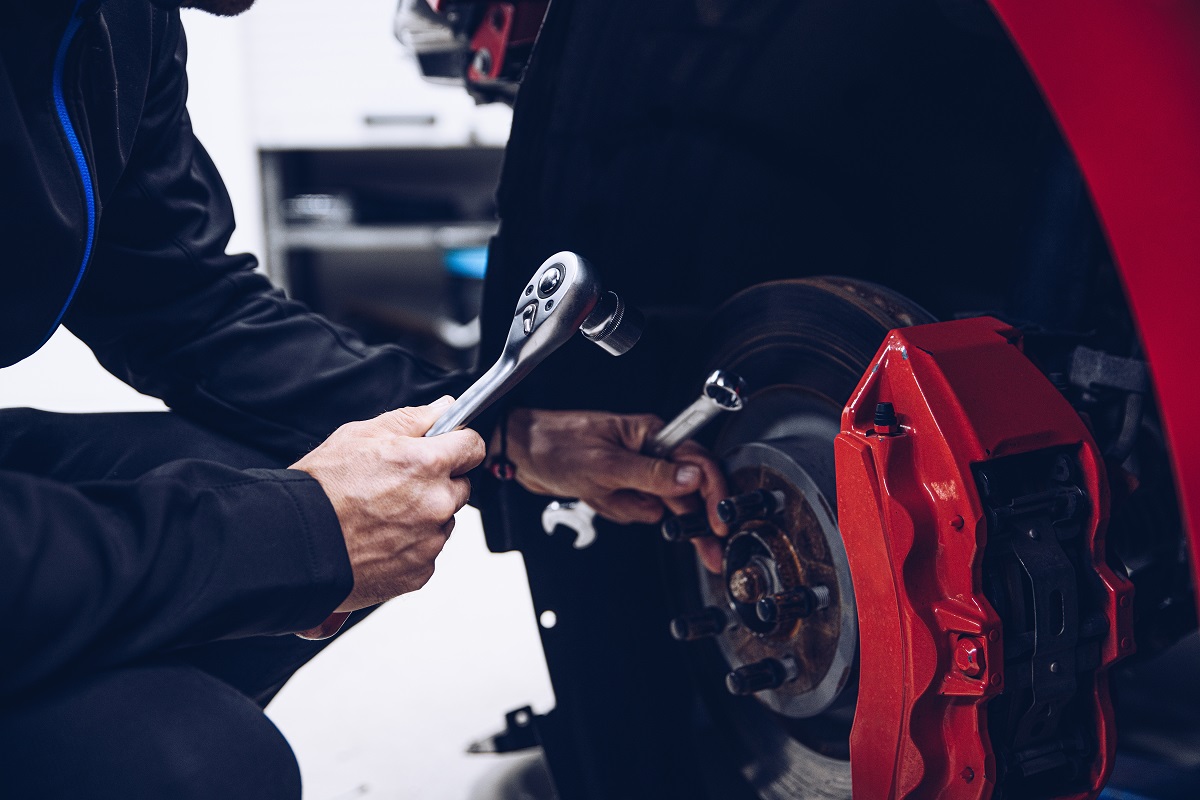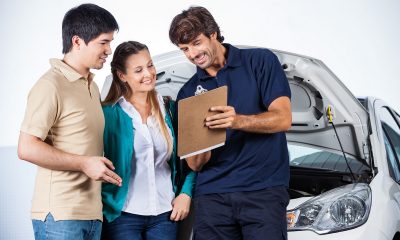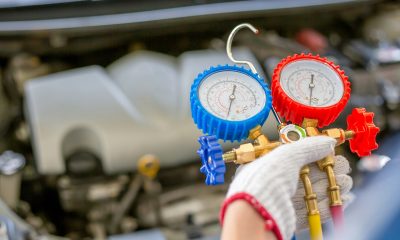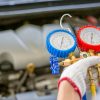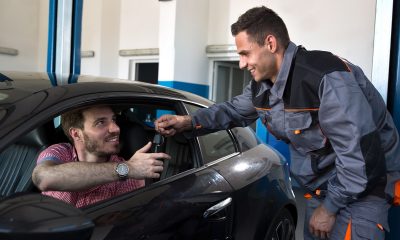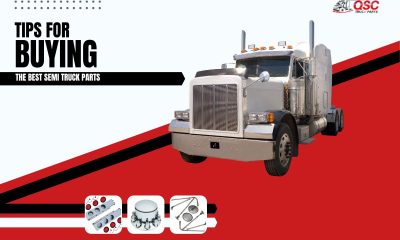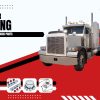Automotive
How To Deal With Car Brake Problems
It’s a known fact that your car brakes can overheat. Yes, it can happen! Auto repair shops in Huntington Beach say it’s because as you drive, you usually apply pressure to your automobile’s brake pads, and this produces friction. This friction leads to the car decelerating or stopping completely. However, this all depends on how much pressure you put on the brake pedal.
Auto Repair Shop in Huntington Beach Ca Tell Us The Sign Of Overheated Brakes
When you are in the awful situation of stopping every inch in bumper-to-bumper traffic or just cruising along to stop at your favorite coffee place, your brakes are hard at work to create friction. Now, keeping that in mind, whenever there is friction, there’s going to be heated and sometimes a little too much heat for comfort. There are a few hints your car throws at you to let you know you have overheated brakes. These clues could be certain smells, sights, and feelings. Be aware of the following signs, and use the tips below to avoid getting stuck with overheating brakes.
How Do Brakes Work?
Modern vehicles are manufactured with a brake system that’s either a drum system or a disc. If your car operates its brakes with disc brakes, it will probably use a rotor that is attached to the wheel’s hub, calipers, brake pads, and a hydraulic system to allow the vehicle to stop when necessary.
When the driver steps on the brake pedal, the hydraulic system multiplies the pressure applied on the pedal, making the calipers force the brake pads against the rotor, which decelerates the car brings it to a halt.
A drum system works in the same manner. When the brake pedal is stepped on, the hydraulic system forces the brake shoes against the drum, which is fastened to the hub of the wheel. This decelerates the car and makes it stop.
Most cars contain modern braking systems, which are very reliable, but there are many parts, and some of these parts need regular maintenance and replacement.
Soft Brake Pedals
During a period of time, humidity can accumulate within your car’s brake fluid reservoir. As your brake fluid gets warmer from use, the boiling water turns into steam and lowers the effectiveness of your car’s brakes. This can give rise to what is known as “brake fluid fade” and starts to develop into your brake pedal to make it feel very soft and spongy when you press down on it. Also, if you have a spongy brake pedal, it could be due to other reasons such as air in the brake lines, brake line damage, or your automobile doesn’t have enough brake fluid.
Brakes Are Smoking, And They Smell Bad
You could be dealing with some burning brake pads if you are an aggressive driver. You can easily tell if your brakes are burning if they begin to emit smoke. As soon as you see smoke, you immediately can’t help yourself and think of fire, correct? Although you might not have a fire on your hands, there’s definitely a massive amount of heat that needs to be dealt with. Another tell-tale sign that your brakes are overheating is that you smell something offensive. Some drivers have gone as far as to compare the smell of burning brakes to the smell of a carpet burning. That’s a smell you will have a hard time getting rid of, even if you use a whole spray bottle of air freshener.
Brakes Are Screeching
The consistent and extreme friction can produce a lot of heat that the brake pads become “glazed.” This refers to the fact that they are smoothed down due to aggressive driving, a glitch in the braking system, and the same issues that create a harder time for your brakes to generate stopping friction. If your car has glazed brake pads, your car’s braking system will start to make a squealing sound when you press on the brakes.
How To Handle Overheating Brakes
If you start to feel, smell, hear, or even have a gut feeling that your brakes are acting up, you need to immediately slow your car down and find a safe spot to pull your car to the side of the road. As soon as you have safely stopped your vehicle and given your brakes some time to cool down, get on your cell phone and contact the nearest brake repair shop.
Don’t Drive Aggressively. Drive Carefully.
Drive calmly and as relaxed as possible because when it comes to your brakes, smooth and steady works. When you drive, don’t tailgate and leave ample space between your car and the objects in front of you, such as other vehicles and even pedestrians. Furthermore, be careful about how you use your car’s brakes when you are driving down a hill. If you have a habit of “riding the brakes” as you descend, which refers to the driver not taking their foot off the pedal for a long extent of time, it can cause the brakes to overheat.
Attempt Engine Braking
When you perform “engine braking,” you are basically downshifting or releasing the accelerator to slow the vehicle down instead of hitting the brakes directly. Keep your eye on traffic and driving conditions at all times, so you have enough time to slow down, so you can avoid slamming on the brakes.
Get Auto Repair in Huntington Beach Regularly
Make it a point to go for your scheduled car service appointments where your auto repair technician will routinely check your brake pads and let you know when they need changing or just a top-up of brake fluid.
Brakes are one of the most important parts of your car. Ultimately, if you can’t stop your fast, moving vehicle before you crash into an object, or even worse, pedestrians, you are in a serious and scary situation. So, if you recognize any of the brake overheating symptoms above, make it a point to get auto repair in Huntington Beach for a thorough diagnosis of your car’s brakes.

